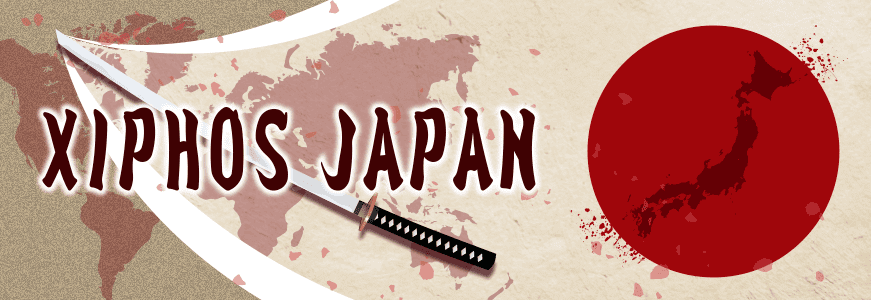 April marks the start of a new school year, and many people are excited about their new lives as they advance to higher education or find new jobs. At the same time, however, many companies will be raising their prices, especially for food products, starting in April.
April marks the start of a new school year, and many people are excited about their new lives as they advance to higher education or find new jobs. At the same time, however, many companies will be raising their prices, especially for food products, starting in April.
This is largely due, of course, to Russia’s invasion of Ukraine.
Both Russia and Ukraine are Europe’s breadbasket due to their climates, and both produce wheat, barley, and many other grains that are essential for survival.
One of the two major breadbasket regions was destroyed in the war, while the other was internationally regarded as a war of aggression and export restrictions were placed on it. This naturally raises the price of grains, and Japanese companies, which depend almost entirely on imports of wheat and other grains from abroad, are forced to raise prices to secure profits, which in turn affects us, the general public.
In addition to grains, Russia is also rich in underground resources such as oil and natural gas, which are essential for survival, and the international community’s export restrictions have resulted in large price increases.
The United States and other Western countries have decided to release their oil stockpiles on a large scale, but a stockpile is just that, a stockpile, and if exports from the major resource-rich countries stagnate, the stockpile will eventually run out.
In any case, the war between Russia and Ukraine is not something that will end today or tomorrow, but is much more deeply rooted in history.
Unfortunately, for the time being, this high price level of resources & grains is likely to continue.
Japan relies heavily on imports of resources and food from overseas, and the current rapid depreciation of the yen is one of the factors behind the sharp rise in prices.
The exchange rate between the U.S. dollar and the Japanese yen has temporarily depreciated to 125 yen, the weakest in six years and seven months.
If the value of the Japanese yen declines, that much more yen will be needed to purchase foreign goods.
The reasons for the yen’s depreciation include risk aversion due to wars and other factors, as well as the impact of U.S. interest rate hikes. However, since the international situation here is also unstable, the yen is expected to remain weak for the time being, unless the Bank of Japan intervenes on a large scale.
The weak yen has allowed the company to purchase resources from foreign countries, process them into products domestically, and export them to foreign countries. For Japan, a processing trade nation, this was a welcome development.
However, the benefits of this shift have not necessarily been realized due to the relocation of many of the production bases overseas, where labor and overhead costs can be reduced. In fact, the weaker the yen becomes, the more the prices of imported goods, mainly resources, rise, which can only have a negative impact.
As for the exchange rate, there was a time in the past when the yen-US dollar rate plunged into the mid-70s.
This was not only due to the ineptitude of the Japanese government at the time, but it also made it impossible for Japanese exports to compete with competing products from other countries in price competition.
Japanese companies therefore sought to survive by locating their production bases overseas rather than domestically.
However, since domestic production bases were no longer available, the hollowing out of technology and other areas accelerated rapidly from this period.
Japan’s only strengths are its technological capabilities and processing trade, and if we become dependent on other countries for these weapons, it will be detrimental to our very existence.
Due to the spread of corona, soaring transportation costs, and stoppages in customs clearance operations, parts do not arrive from overseas and are not assembled in Japan, resulting in considerable delays in commercialization.
While it is important to have a large-scale international supply chain, it is also important to build a chain that can provide everything domestically in case of emergencies.







